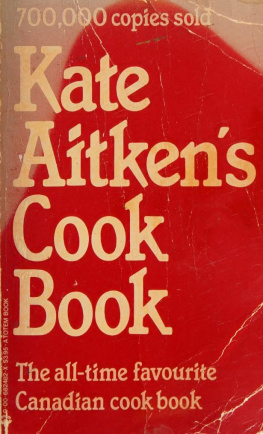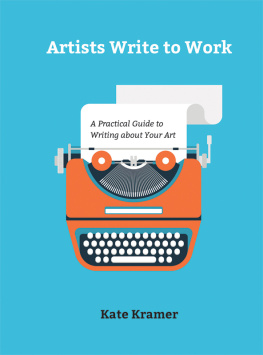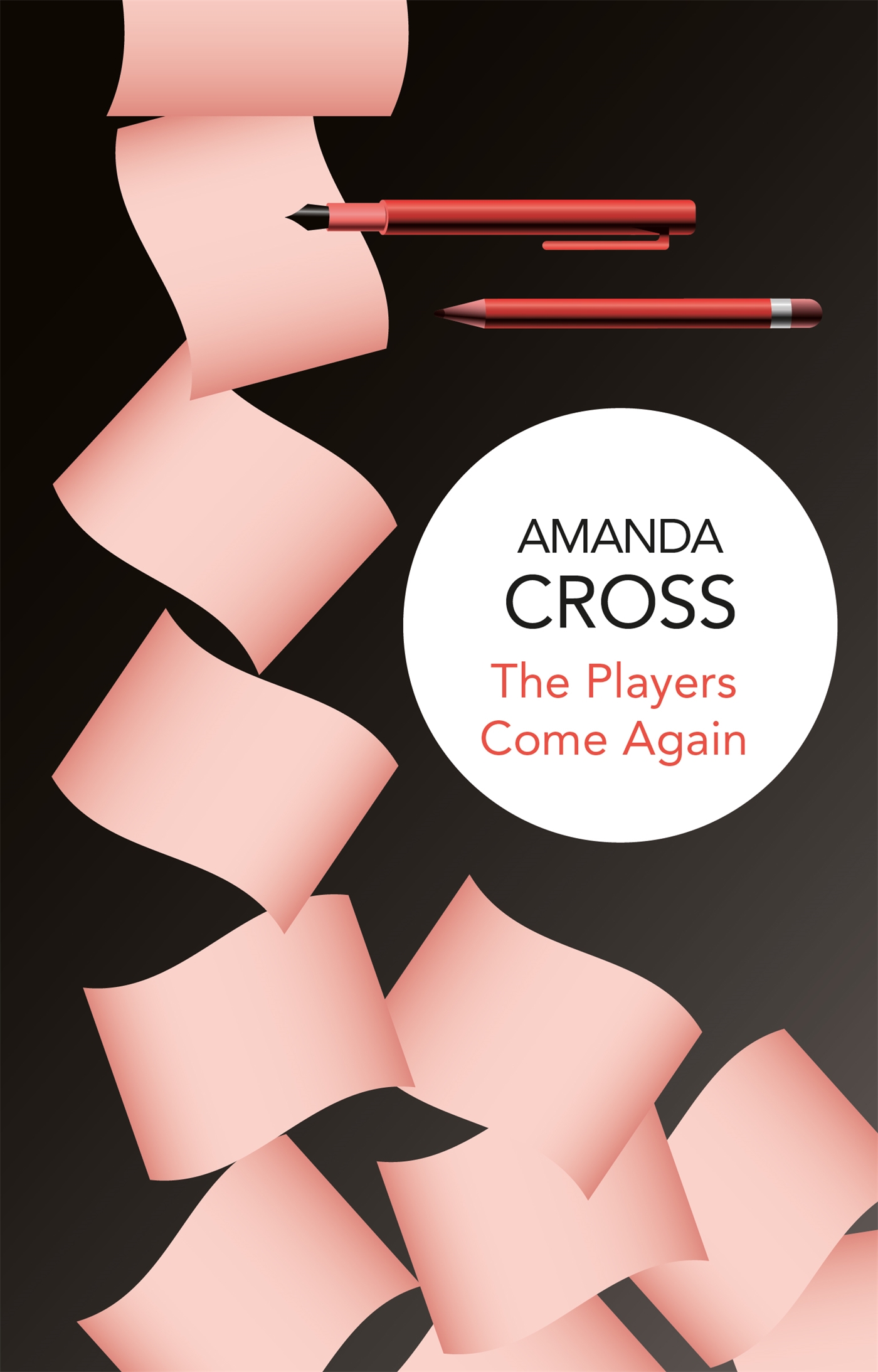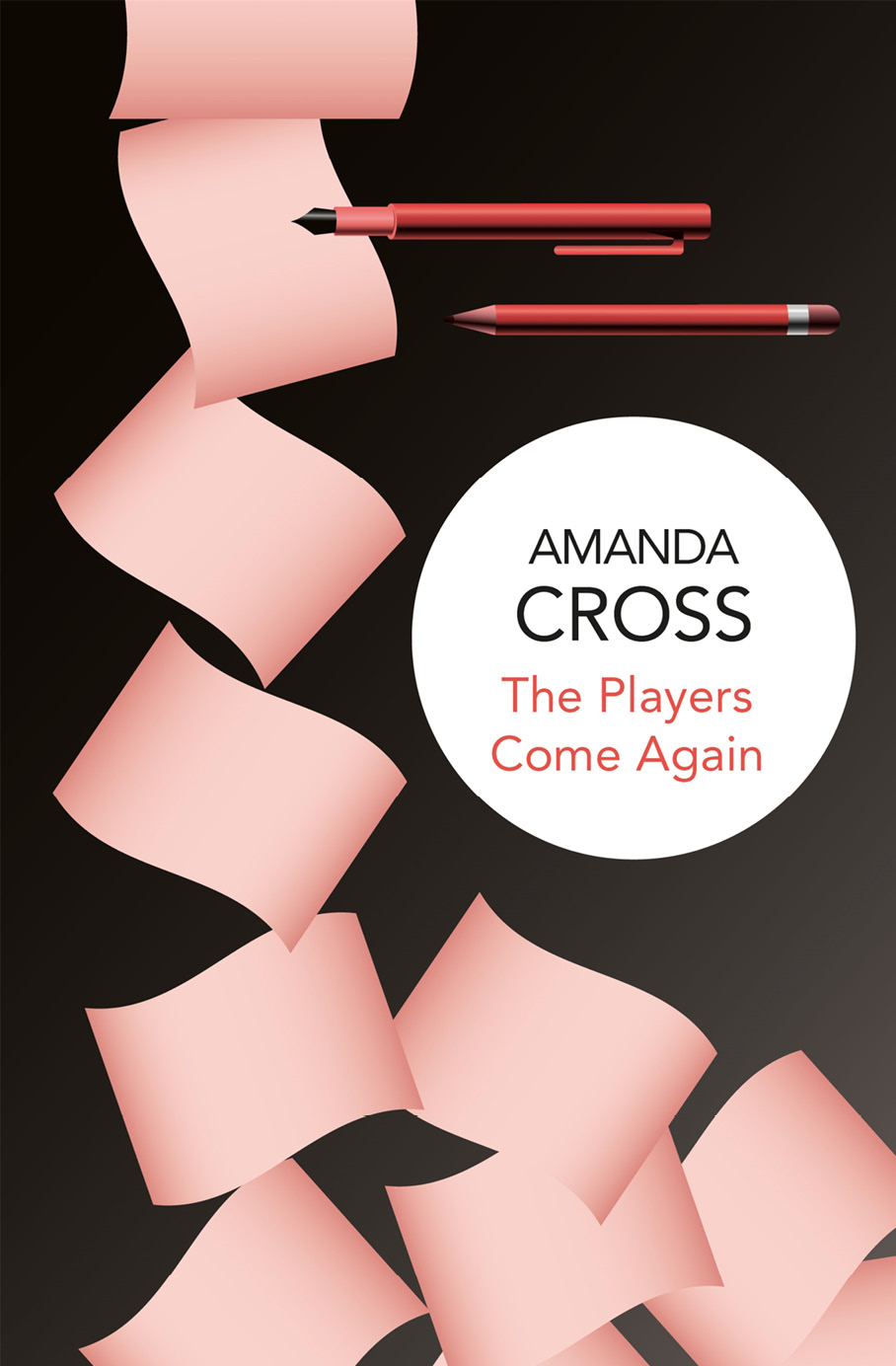Amanda Cross
THE PLAYERS COME AGAIN

ebreak
Contents
ebreak
Also by Amanda Cross
and available from Bello
In the Last Analysis
The James Joyce Murder
Poetic Justice
The Theban Mysteries
The Question of Max
No Word from Winifred
A Trap for Fools
The Players Come Again
ebreak
To Grace K. Baruch
19361988
ebreak
The sweetness of this content overflowing runs down the walls of my mind, and liberates understanding. Wander no more, I say; this is the end. The oblong has been set upon the square; the spiral is on top. We have been hauled over the shingle, down to the sea. The players come again.
V irginia W oolf ,
The Waves
Late that year as the eighties were beginning to run out, with Christmas and the end of the semester looming, Kate Fansler found herself at a loose end. Her study of Henry James and Thomas Hardy, which had taken far too long to write, as academic books always did, had finally been published to general approbation and the usual snappy remarks about American scholarship that passed for a review in the Times Literary Supplement . Kate had spent about four months in a state of abject relief, cleaning up her desk and trying to make amends for the many old letters long unanswered and the new letters inspired by the appearance of her book. This fallow period had its advantages, but it was beginning to pall. Into this vacuum crept the insidious realization that she never again wished to publish a work of literary criticism. Unfortunately she did not, on the other hand, wish to look into her heart and write, as the poets muse had instructed him. Many women and men she knew had abandoned criticism for examinations of their personal lives and experience, and while she compulsively read the products of their internal examinations with interest and occasionally startled recognition, she had no desire or inclination to go and do likewise. Excluded alike from literary studies and memoirs, she wondered if another project would ever occur to her.
Into this desert of intention there intruded an editor from one of the six biggest publishing houses dominating the book world. They were all owned and, one understood, directed as to the bottom line by vast organizations whose principle product was oil, or motor cars, or widgets. Kate had so far had nothing whatever to do with them.
The editors name was Simon Pearlstine, and he had astonished Kate by inviting her to a very expensive and extended lunch, a remarkable act from one whom she had never met or heard of. But he, it soon transpired, had heard of her.
From many people, he assured her as they were shown to their table. You have, quite a reputation among scholars. Wont you have a drink! I cant drink at lunch anymore, but you must, please.
You, Kate said, will have soda water and lime, a lettuce leaf, and decaffeinated coffee. I will have a vodka martini on the rocks with lemon peel, and whatever the waiter most heartily recommends. It turned out that not the waiter but someone further along in the hierarchy took their order, and was delighted to recommend what he assured Kate would be a masterpiece of a lunch. She acquiesced in her most ladylike manner. Doubtless Mr. Pearlstine wanted something, and she was prepared to enjoy herself while discovering what it was. She requested, and was granted, a Beaune wine with her main course, and settled happily back to listen and, she was certain, refuse.
Simon Pearlstine seemed ready to circle around the point of this lunch as she sipped her exquisite martini.
What do you know about Emmanuel Foxx? he asked.
What everyone knows; perhaps a trifle more, given my profession, she answered, wondering why he was playing at twenty questions; well, it was his invitation and his expense account. I do teach the British novel, she added, by way of explaining her immodest claim.
And what do you think of him?
Meaning what? Kate asked, considering another martini and deciding that she would wait for the Beaune. He is a novelist of the first rank, as we say when a writer has accumulated a madly impressive body of criticism. He is one of the major figures of high modernism. He is right up there with Joyce and Lawrence and Woolf and Conrad, perhaps more influential in the long run than any but Joyce and Woolf. Two decades ago I would have said Conrad and Lawrence, but no longer. How extended a lecture did you require? She smiled at him, to take away the sting of her question.
Do you personally like him?
Do I curl up with him on long winter evenings? No. My greatest affection, as my last book might suggest [she wondered if he had read it, and referred to it with some self-consciousness] is for a slightly earlier time. I also suspect, she added, letting the martini induce abandon, that he rather overestimated the amount of energy women expend on sex. But that may be more a function of my age than his verisimilitude.
May I call you Kate? Pearlstine asked, having considered her remark. Kate nodded. Im glad you said that, he continued, because I think you are probably right. One of the defenses of the veracity of his portrait, you know, is that the protagonist is based on his wife. Some even think she helped him to write Ariadne , though that opinions rather recent.
Ive heard it, Kate said.
And you believe it?
I dont think so. Its an intriguing possibility, but there is little evidence. I mean, if you read The Autobiography of Alice B. Toklas , which Gertrude Stein wrote, and then read some of Alice Toklass own works written after Steins death, you might argue that the style of The Autobiography resembles Toklas more than Stein. Im not saying, you understand, that Toklas wrote it, and my knowledge of American literature is close to feeble anyway. Im just suggesting that theres some outside evidence of how Toklas wrote.
Had Simon Pearlstine known Kate better he would have understood, indeed he may have guessed if he was a man of sharp perceptions, that she was talking in her wandering mode, a habit she had long since developed for saying nothing while seeming friendly and responsive, rather as a Shakespearean actor in repertory keeps on with his speech till he remembers what play hes in. Kate wondered when Simon Pearlstine would come to the point, or even if he had one.
I see what you mean, he said now, and it is an opinion of great significance in the light of what I want you to do. Here they were interrupted by the waiter with their lunch, and the ceremonial opening of Kates wine bottle. The waiter offered her some to taste, and she did so with evident delight.
Hadnt you better let it breathe? Simon asked.
The rest of the bottle can breathe along with me, Kate said, smiling. Dont you think youd better tell me what you want from me that is worth this elegant wine?
I want you to write a biography of Gabrielle Foxx.
Kate choked on her wine, which was sacrilege and a terrible waste. She began coughing, and found it difficult to stop.
Do I do the Heimlich maneuver? Pearlstine asked. The waiter and the mattre d had also rushed over.
Ill be all right in a moment, Kate said, coughing away. Just ignore me if you can. She sipped water and with increasing success tried to breathe naturally.
Sorry, Pearlstine said when the fit seemed over. I hope your reasoned response will not be so violentunless, of course, its positive.








